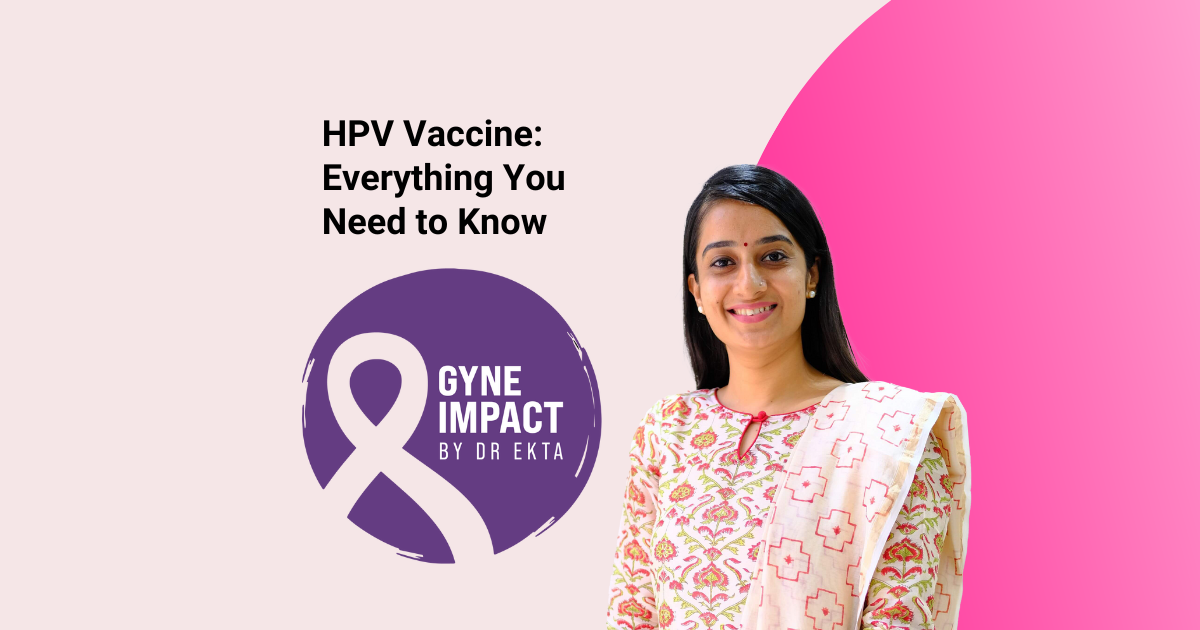One of the most fulfilling parts of my work is educating patients and their families about preventive measures against life-threatening diseases. Among these measures, the HPV vaccine stands out as a medical breakthrough with the potential to save countless lives. If you’ve ever wondered about the significance of the HPV vaccine, how it works, and why it’s essential, this guide is for you. Let’s explore everything you need to know.
What is the HPV Vaccine?
The HPV vaccine is designed to protect against certain strains of the human papillomavirus (HPV), a group of viruses responsible for a wide range of conditions, including genital warts and various cancers such as cervical, anal, and throat cancer. The vaccine targets high-risk HPV types, including HPV-16 and HPV-18, which are responsible for approximately 70% of cervical cancer cases worldwide.
This vaccine is not just about preventing infection; it’s about safeguarding future generations from a disease that is both preventable and treatable when caught early.
Why is the HPV Vaccine Important?
As of today, HPV-related cancers remain a significant global health concern. In India alone, cervical cancer is the second most common cancer among women. Statistics show that nearly 122,000 women are diagnosed with cervical cancer annually in India, with over 67,000 deaths.
The HPV vaccine offers a shield against these staggering numbers by drastically reducing the risk of infection with cancer-causing HPV strains. In my experience, educating people about the vaccine often clears up misconceptions and encourages proactive health decisions.
Who Should Get the HPV Vaccine?
The HPV vaccine is recommended for:
- Children and Adolescents:
The ideal age for vaccination is 11 to 12 years, though it can be administered as early as 9 years. The immune response to the vaccine is stronger at this age, making it more effective. - Young Adults:
Unvaccinated individuals can still receive the vaccine up to the age of 26. For those between 27 and 45 years, the decision to vaccinate should be based on a discussion with a healthcare provider about potential benefits. - Both Genders:
While initially targeted at girls and women, the vaccine is equally important for boys and men to prevent HPV-related cancers and genital warts.
How Does the HPV Vaccine Work?
The vaccine contains virus-like particles (VLPs) that mimic the structure of HPV but do not cause infection. These VLPs trigger the immune system to produce antibodies, providing long-term protection against HPV strains.
There are three types of vaccines available globally:
- Cervarix: Targets HPV-16 and HPV-18.
- Gardasil: Covers HPV-6, HPV-11, HPV-16, and HPV-18.
- Gardasil 9: Offers broader protection against additional HPV types.
Is the HPV Vaccine Safe?
One of the most common concerns I hear from patients is about vaccine safety. Let me reassure you: the HPV vaccine has been rigorously tested in clinical trials and has an excellent safety record.
Side effects, if any, are usually mild and temporary, such as:
- Soreness at the injection site
- Mild fever
- Fatigue or headache
Serious side effects are extremely rare. As a doctor, I always recommend discussing any medical history or allergies with your healthcare provider before vaccination.
When and How is the HPV Vaccine Administered?
The vaccination schedule depends on the age at which the first dose is given:
- Ages 9-14: Two doses, six months apart.
- Ages 15-45: Three doses over six months.
It’s crucial to complete the full schedule to ensure maximum protection. Missing doses can reduce the vaccine’s efficacy.
Cost of the HPV Vaccine
The cost of the HPV vaccine can vary depending on the type of vaccine and location. In India, the price typically ranges between ₹2,000 and ₹4,000 per dose in private healthcare facilities. However, initiatives like Mission Indradhanush aim to provide free vaccines to eligible girls aged 9-14 years in government hospitals.
For families concerned about affordability, I always recommend exploring local health programs and subsidies.
Common Myths About the HPV Vaccine
Despite its proven benefits, the HPV vaccine often faces misconceptions. Let’s address some of them:
- “The HPV vaccine promotes early sexual activity.”
This is unfounded. The vaccine’s purpose is purely preventive, and studies have shown no correlation between vaccination and early sexual behavior. - “I’m too old for the HPV vaccine.”
While it’s most effective when administered before exposure to HPV, individuals up to 45 years can still benefit, especially if they are unvaccinated. - “Only women need the vaccine.”
HPV affects both men and women. Vaccination for males helps prevent genital warts and cancers like anal and throat cancer.
Why Should You Trust the HPV Vaccine?
As an oncologist, I’ve seen the devastating impact of HPV-related cancers on patients and their families. The HPV vaccine is one of the few tools we have to prevent such outcomes. Its efficacy and safety are backed by robust research and real-world data.
For me, recommending the vaccine is not just a professional responsibility but a personal commitment to reducing the burden of preventable cancers in our community.
What’s the Future of HPV Vaccination?
Globally, there’s a push to eliminate cervical cancer through widespread vaccination and regular screenings like Pap tests. India’s inclusion of the HPV vaccine in public health programs is a significant step forward. However, we must continue to raise awareness and dispel myths to achieve higher vaccination rates.
Final Thoughts
The HPV vaccine is more than just a preventive measure; it’s a step toward a healthier, cancer-free future. By vaccinating our children and ourselves, we contribute to breaking the chain of HPV transmission and protecting future generations.
If you or your loved ones are eligible for the vaccine, don’t wait. Reach out to your nearest healthcare provider, government hospital, or vaccination center to learn more. Together, we can make a difference, one vaccine at a time.

